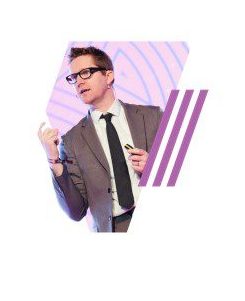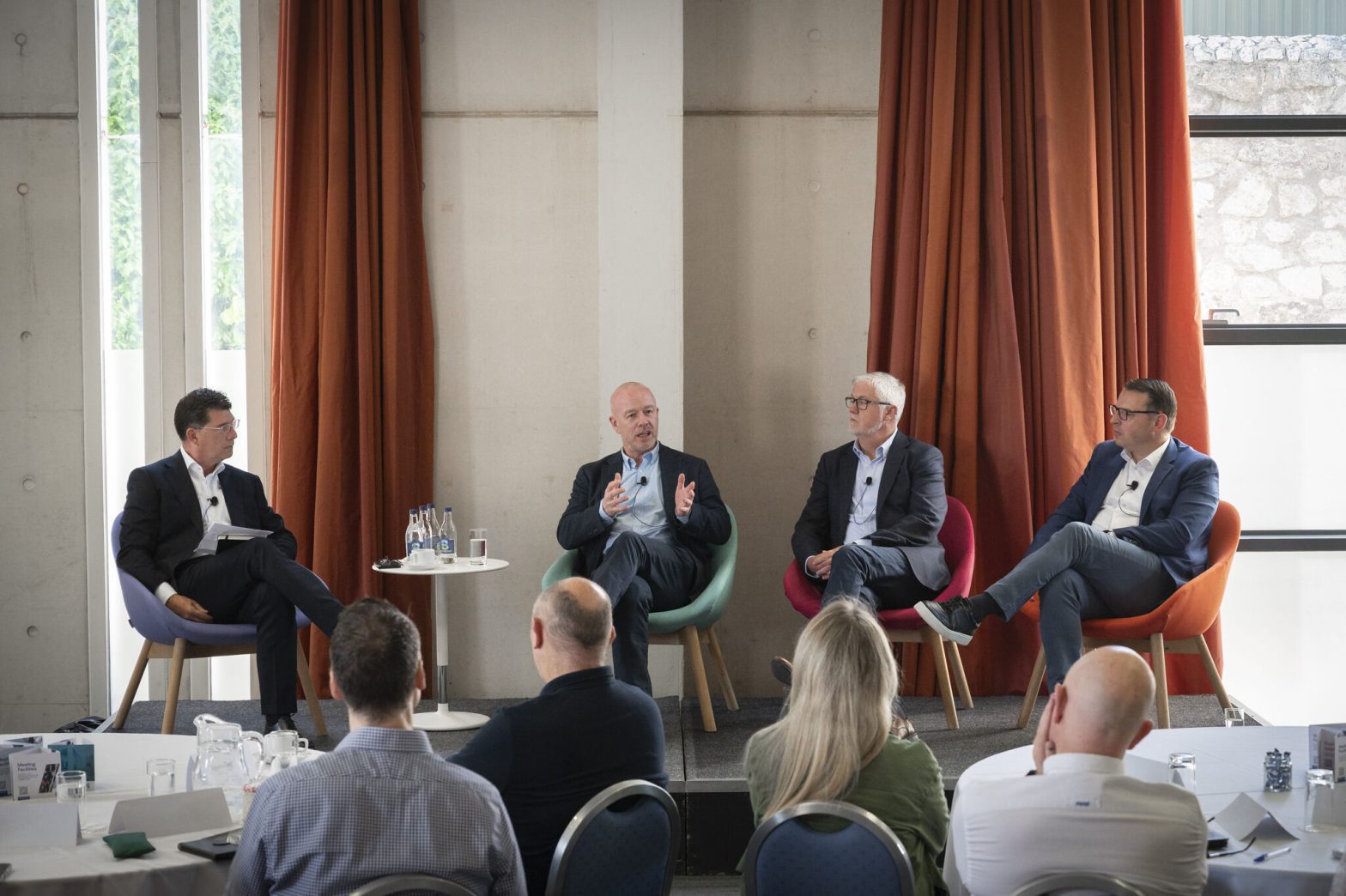Peter Cosgrove: The future of work is ours to shape
By Peter Cosgrove | 14th October 2021
The MD of Futurewise Ltd. shared some food for thought on the future of work at the September meeting of the IMI Council.
Disruption is the new default
During a crisis, we tend to focus on the immediate situation we find ourselves in as we seek solutions to problems. Instead, leaders should be looking more upstream at the problem itself and where it came from, not the solution.
Disruption happens fast in business. We have seen this in the likes of Kodak and, more recently, Instagram. Most of us will remember when we all owned digital cameras, only for the smartphone to explode in popularity, rendering the cameras obsolete. Some businesses handled the disruption more readily than others, with digital tools and connectivity the ingredients for a frictionless business model.
This created a moment of reflection for business leaders. The pandemic proved we can be flexible and remote working can be a productive way for us to do our jobs, but this only happened because we were forced by circumstance. The playing field changed quickly, and this should be a lesson for leaders moving forward – disruption is certain, and it happens fast.
Culture doesn’t happen by accident
The idea of sustaining the organisation’s unique culture has been a major challenge for leaders as many of us have worked remotely over the past 18 months or so. When we talk about culture, we must keep in mind that the combination of people and organisation makes up a complex organism, with distinct desires and priorities. With wellbeing being touted as a high priority moving forward, leaders must focus on what is a process but not a practice.
Take paternity leave, for example. A Bloomberg report stated that men were reluctant to take the time with their newborns because, according to a survey from the US-based Society for Human Resource Management, their organisations provided on average half as much time off as new mothers. Covid-19 worsened gender inequality overall, with women more likely to be interrupted at work, among many other obstacles. To build a culture of inclusion, we have to focus on these unwritten rules and look closely at behaviours.
Culture can be defined as the worst behaviour that you tolerate. That cultural shift starts with leadership. If leaders themselves do not role model the changes, things will remain static and the crucial skills that will be needed in a distributed workforce – communication, empathy and trust – will never be developed.
For hybrid to work, get the details right
Bureaucracy and rules are in place for a reason, but we are not adept at removing them if they are not fit for purpose. Hybrid working has reconfigured priorities for both employers and employees, forcing each to rethink the rules of old and embrace an entirely new set of guidelines suitable for the now.
The most important thing for leaders to focus on is the complexity of their people. Specifically, it is the recognition that each person will have their own preferences for how the future of work will look for them.
Many organisations have vowed to survey staff, but do not take this step if you are unwilling to act on a set of results you don’t like. This hybrid working movement, more than anything, is about experimentation. Organisations should be hashing out details like:
- What do employees need to know?
- When do employees need to be in a room together?
- When do employees need to be working synchronously?
By asking the right questions, organisations will gain more clarity on how and when to experiment and what configuration is most suitable for the needs of the business and the employees.
Give and take: The race for talent
As well as asking the right questions, leaders must be aware of the world of opportunity offered by the new way of working. From a talent standpoint, the guardrails have been removed; we can hire people from anywhere in the world and have them set up to work for us remotely. There is a trade-off in this, as it is more difficult to hire and trust people who haven’t even been to your business’ office.
Finding the balance here is critical. The smaller interactions that occur within the workplace setting help us when we work on projects, but those interactions disappear with a freelance or highly distributed workforce. There is a give and take in the race for talent, with the backdrop of the so-called ‘Great Resignation’ raising the stakes in a competitive jobs market.
Ultimately, employees crave more skills – that idea of lifelong learning – and that should be a priority for leaders in the hiring process. Leaders should also be upskilling themselves, particularly in the area of virtual leadership as teams continue to operate in a hybrid context.
“Culture can be defined as the worst behaviour that you tolerate.”
Technology addiction
Our technology has been our ally during the Covid-19 pandemic, granting us moments of much-needed distraction amid disruption in our professional and personal lives. The overuse of technology, however, has had negative implications as well, turning into a weapon of mass distraction.
This has triggered a decrease in our attention spans and a horde of exhausted employees, constantly moving from task to task as notifications, chat windows and emails pop up constantly. This ‘always-on’ mentality has led to an uninspired workforce and what we could call ‘continuous partial attention’.
What we are lacking is valuable time to think, with the curse of being busy plaguing us daily. Employees are not doing themselves any favours by overworking. Indeed, many would be better off if their employer took the lead and advised them when to start and when to leave.
Leaders should be taking this key aspect of their employees’ wellbeing into account as we map out the future of work.
The future of work is ours to shape
In April 2020, as the effects of the pandemic were beginning to become apparent, 15% of Europeans said they had shopped online for the first time. Questions were raised by organisations about providing the best possible customer experience when there is no face-to-face interaction. This paradigm differed from business to business, with some more digital-ready.
The feedback from clients was clear: building a personalised experience with a brand, wherein there were more touch points and relationship capital was accrued, was what kept them coming back.
Iterative processes will be the name of the game as businesses look forward. What will your future culture look like, for example, and how will that link into your customer base?
Figuring out the answers to questions like these will be fundamental to your business’ future.
The future of work is ours to shape.
For more IMI Insights, go here.








